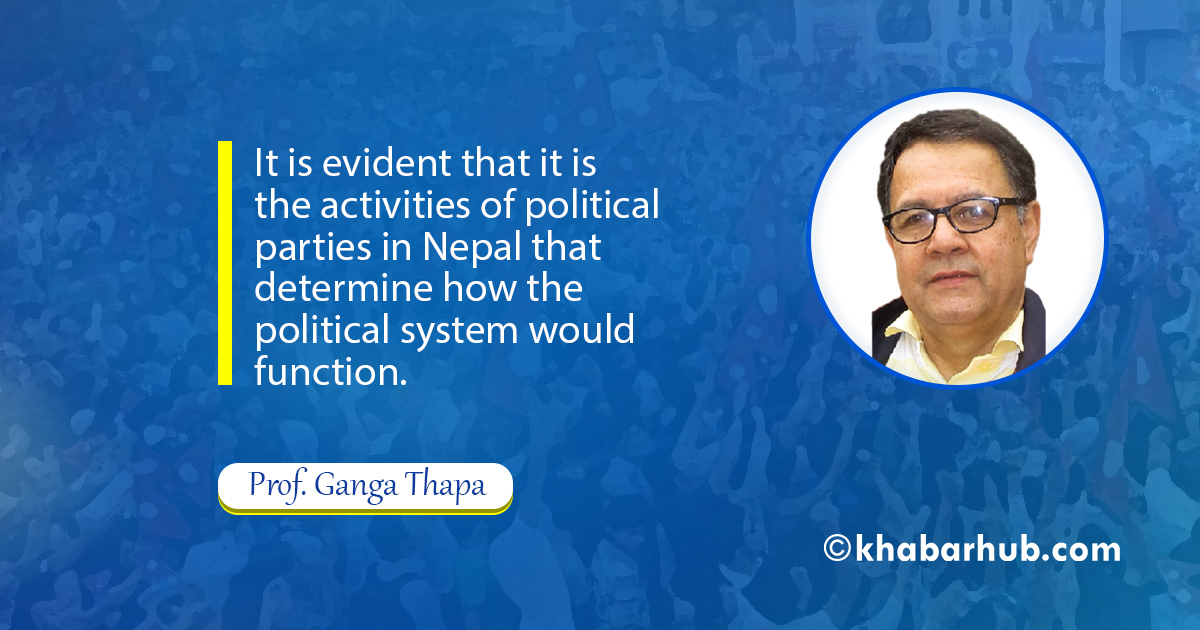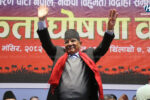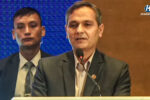Dahl had a clear and lasting impact on the field of elections that constitute a reliable mechanism that can maintain political stability even in the face of increasing political challenges. Overall, our argument is that elections are the crucial component for the citizens to act normatively in the politics of the state in which they live, which inevitably implies that the people have become increasingly attached to an almost universal process in which everyone has the right and the possibility to make a difference in the field of political development; this is seen as a process of change in the political system that would bring the society to modernity.
In a sense, elections not only promote sociopolitical and economic interests of the state; they have abundant ability to transform the society. But, it is also marked by effective mechanisms to advance the rules of the game, and more broadly, that might help political leaders to address the concerns expressed by the citizens in a very direct way even though we find no evidence that institutionalizing free elections is an indicator to classify a system as fully democratic.
That, according to some scholars, fundamentally influences the political life and must not remain untamed. It goes without saying that political conditions constitute just one factor, albeit one that is crucially important.
Many obstacles have been overcome—some hidden technical details and others political in nature. It is also clear that no country may fit the same model of democracy where the citizens may develop democratic norms through everyday social interaction to develop a politically engaged egalitarian society which may contribute to constitutional pluralism that facilitates the conduct of a responsible government and preserves liberal democracy on two key principles that the right of the people is paramount and secondly, the dangers that may arise from bestowing power in the hands of the popular majority. That, according to some scholars, fundamentally influences the political life and must not remain untamed. It goes without saying that political conditions constitute just one factor, albeit one that is crucially important.
Measuring the contemporary Nepali political conditions would seem to be relying more toward a strong party system when the output eventually would be stereotype politics that may not be dynamic and effective, or equally shared throughout society or acceptable and autonomous concerning the real political capabilities of the state when it comes to ‘citizen engagement in the public sphere’ (Duval 2010), where they can use their knowledge, skills and strategic judgment to influence others and have control over collective policies to stimulate change.
This is a question that deserves more than cursory attention because the citizens are a source of political capital and the incorporated public decisionmaking enables the state to advance through systematic political changes throughout the policy process on which alignments of interests are formed along with pertinent values that facilitate the people to influence decisions in the political process.
It is evident that it is the activities of political parties in Nepal that determine how the political system would function. Such development is particularly unsatisfactory; for it creates unrealistic optimism implied with such measures in which the elites endeavor to facilitate the acceptance of their decisions and views that serve only their selfish interests. This is a question that deserves more than cursory attention because the citizens are a source of political capital and the incorporated public decisionmaking enables the state to advance through systematic political changes throughout the policy process on which alignments of interests are formed along with pertinent values that facilitate the people to influence decisions in the political process.
Ten years since the regime change in 2008 from the constitutional monarchy to the republic, political parties have become the architects of a new Nepali state whose nature and outcome, however, are variously interpreted; nevertheless, it holds the hopes for rapid social and economic changes making the system on the whole appealing. Also, there are particular problems due to the centralized structure of authority and the culture of patronages accompanied by strongly majority-inclined institutions that cause distrust, suspicion, and cleavages.
In many ways, the total party control over political and economic structures is indeed so formidable that it is now also referred as an ongoing political process which provides a foundation, as has been pointed out by Lijphart (1999), for the dangers of majority domination which usually tends toward centralization that may hugely impact on the probability for an outbreak of a conflict. It is not that the economic challenges that Nepal is facing are insurmountable; rather, there is a lack of political culture to respect the citizens’ involvement in a realistic micro-level perspective. Almond and Verba (1963) have put it forthrightly when they say, ‘political culture is dynamic and it lies at the heart of the participation literature.’ According to their classification, Nepal may be characterized as a typical culture where the political process is not always clear to the public, not even to those making the decisions. Lord Bryce had defined public opinion as an aggregate of the views held by the people; it is applied in politics as an expression of intelligence and inclusiveness coupled with temperament and moral feelings of the individuals.
For close to three decades, most of the policies have been reactive and tokenistic, thereby suffocating the space for developing an adequate approach to face the changing international political and economic circumstances. We need to make it clear at the outset that what prevails in Nepal is more of the rule by law, as viewed by the few at the helm and less of the rule of law as called for. The current atmosphere of distrust and discontent and even invisible barriers that some experts have termed as ‘neuropolitics’, it seems plausible to propose that one cannot realistically expect that the Nepali democracy could be functioning independently of the political and social environment that serves such democratic values as legitimacy, justice, and effectiveness of the public opinion.
(To be continued…)









Comment